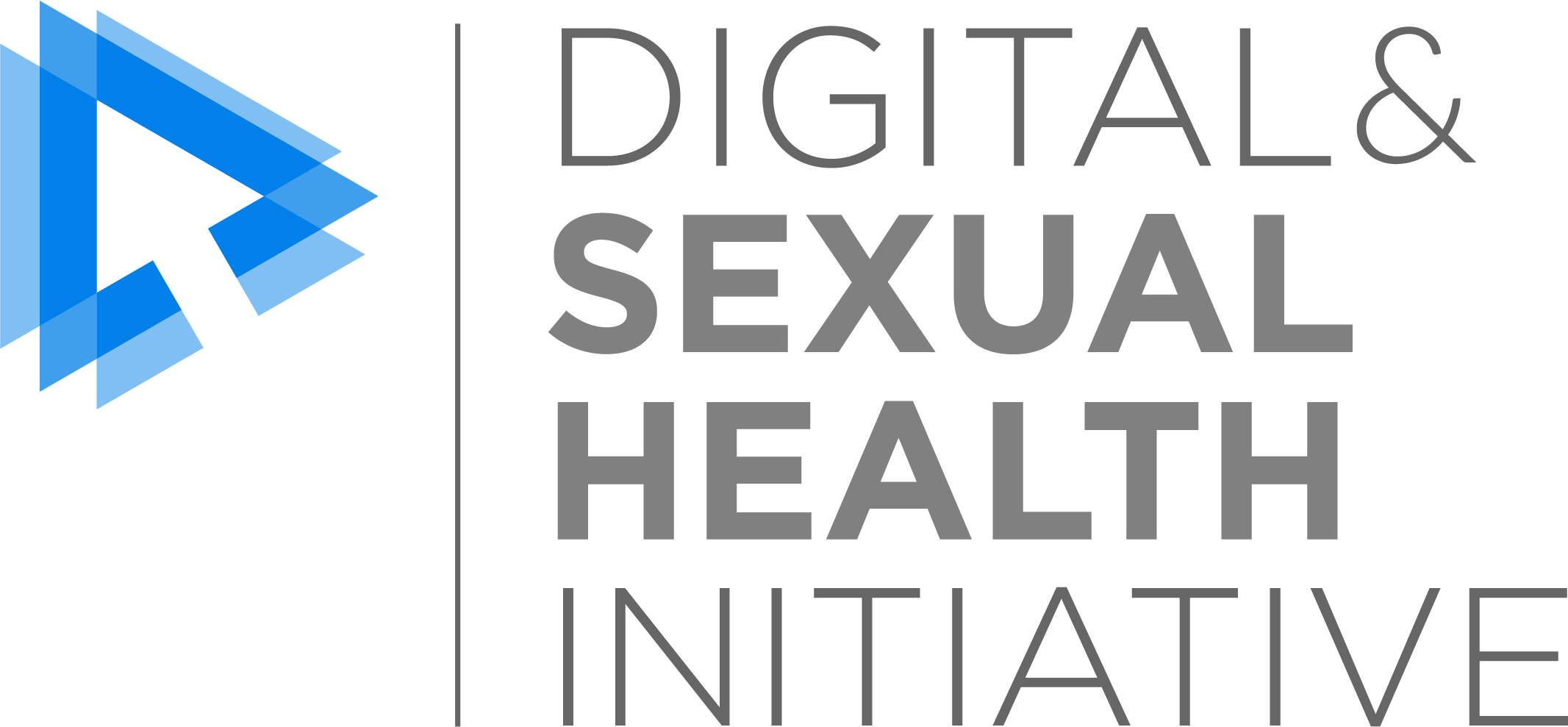Impact of an Integrated Internet-based Testing Program for HIV and STI in British Columbia
Research theme(s)
Internet Based Testing
Dates
2011-2014
Funding
Canadian Institutes for Health Research
Principal investigator(s)
Mark Gilbert, Gina Ogilvie, Jean Shoveller
Research team
Perry Kendall, Thomas Wong, John Andruschak, Judy Isaac-Renton, Robert Parker, Chris Buchner, Wayne Robert, Doug McGhee, Deb Levine, Thomas Kerr, Richard Lester, Christopher Fairley, Elizabeth Elliot, Darlene Taylor, Rick Marchand, Terry Trussler, Zhaida Uddin, Nick Foster
Publications
Acceptability and appeal of internet-based STI and HIV testing among a sample of gay men and clients attending STI clinics in British Columbia
19th Biennial Conference of the International Society for Sexually Transmitted Diseases Research. Poster. Quebec City, PQ, July 10-13, 2011.
Factors Associated with Intention to Use Internet-based Testing for Sexually Transmitted Infections Among Men Who Have Sex With Men
Journal of Medical Internet Research, 2013; 15(11):e254.
Obtaining informed consent through an internet-based HIV/STI testing service
Master of Health Administration Program. University of British Columbia. February 2013
“There are a million scenarios to consider”: Health care provider perspectives on internet-based testing for sexually transmitted infections, HIV and hepatitis C in British Columbia
Poster. STI & AIDS World Congress 2013. Vienna, Austria: July 14-17, 2013.
Health equity and GetChecked: How can we make an online testing service that works for everyone?
Practicum Project. Simon Fraser University, February 2012.
The continued transmission of communicable diseases such as HIV and sexually transmitted infections (STI) continues to threaten the health of individuals globally and results in substantial healthcare system costs. Despite well established protocols for diagnosis, treatment and prevention, the epidemics of STI/HIV persist unabated and new approaches for control are urgently needed. We are living in an era of ubiquitous use of internet technologies which continue to evolve at an impressive rate. The availability of these technologies affords opportunity for a paradigm shift in the delivery of health care and may contribute to enhanced patient-centred care and an overall strengthening of the healthcare system in Canada. There are many examples worldwide of programs taking advantage of the internet to improve access to STI/HIV care, including internet-based testing. Few interventions in this emerging field have been rigorously evaluated, and the ability of these programs to improve the delivery of health care and prevent onward transmission of infection is largely unknown.
As we develop similar internet-based interventions in Canada, it is incumbent upon us to provide programs of high quality which meet professional standards, which effectively reduce the incidence of STI/HIV, and which reduce the overall costs to the Canadian health care system. This research proposal aims to build on existing prevention efforts by measuring the health and health system impacts of an internet-based testing program (GetCheckedOnline) for STI/HIV currently under development in British Columbia (BC). We expect that the findings from this research will assist other Canadian and international agencies implementing or expanding internet-based testing and other online clinical and public health services.
